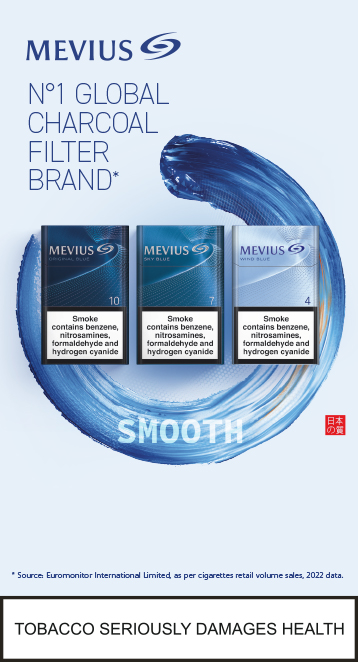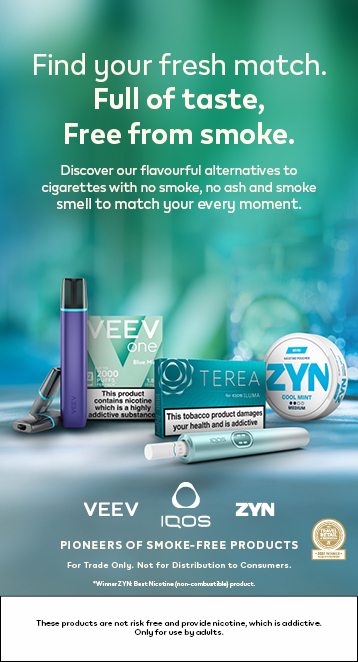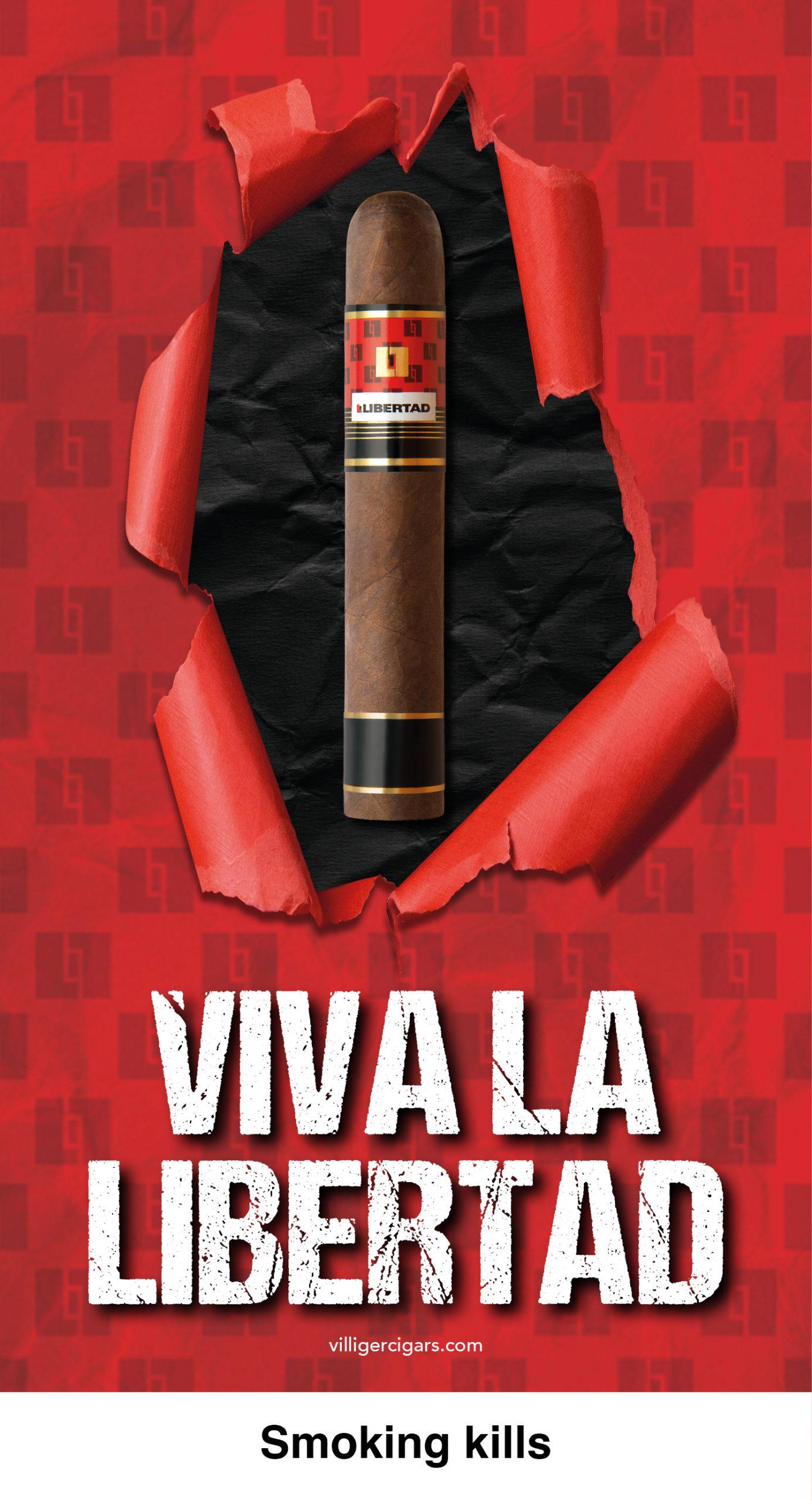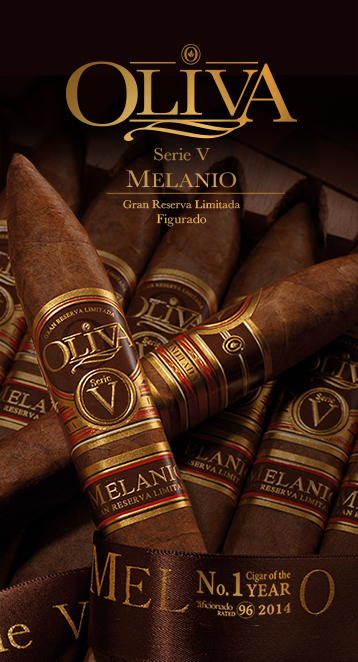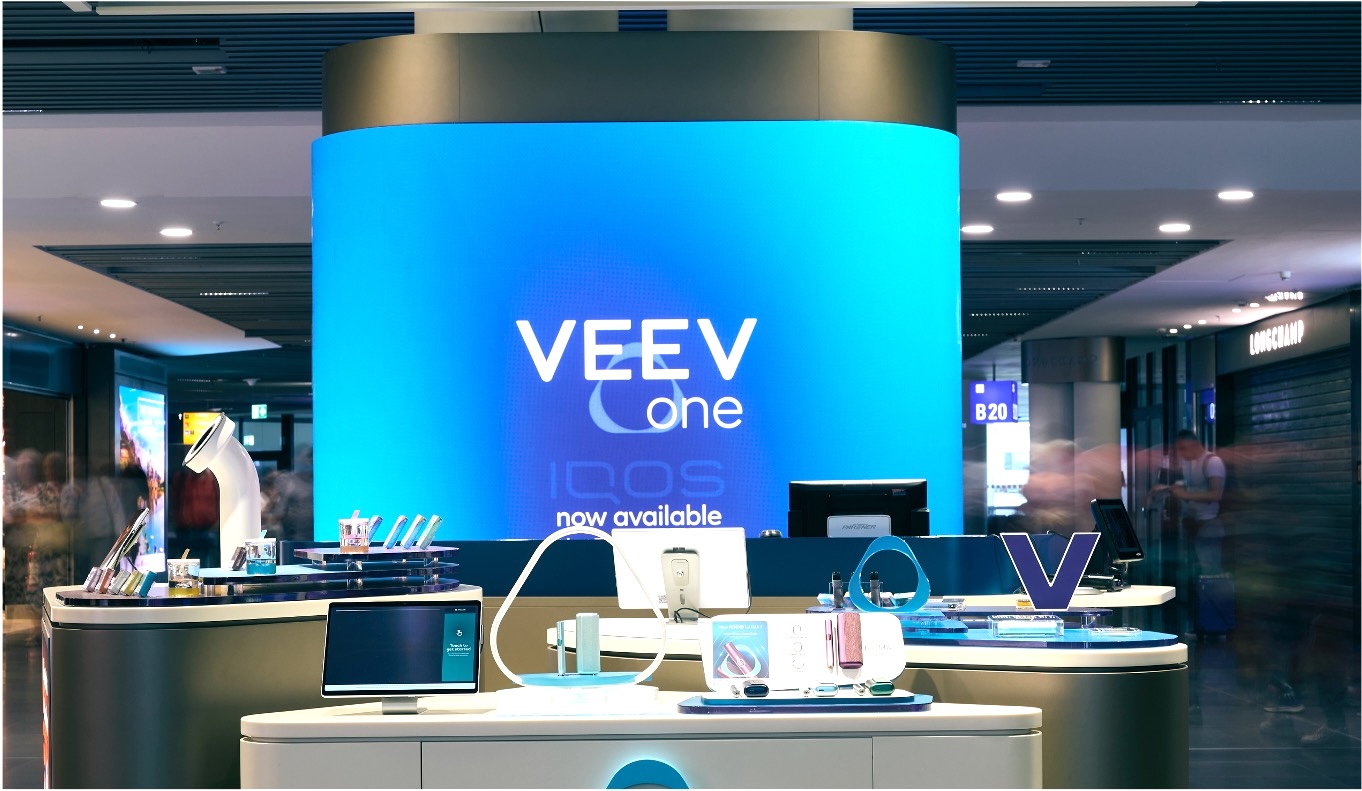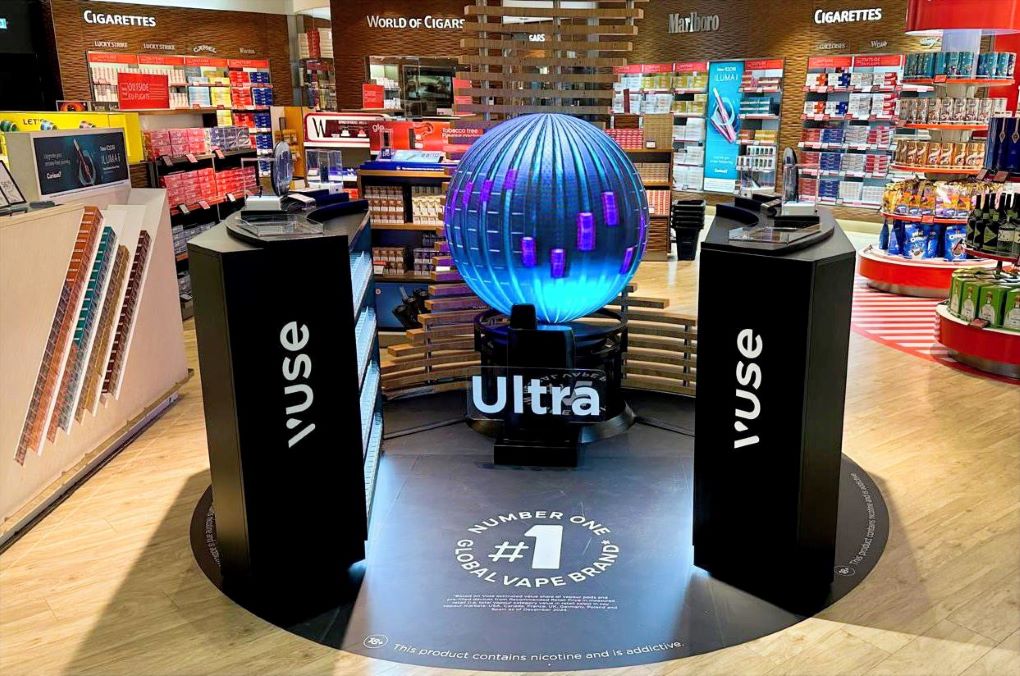INTERNATIONAL. Tax Free World Association (TFWA) yesterday issued a strongly worded statement outlining its position on the World Health Organization (WHO) Protocol to combat illicit trade in tobacco products.
At negotiations on the Protocol in Geneva last week, tobacco control body, the Framework Convention Alliance, made a number of statements regarding the duty free industry’s position on the Protocol.
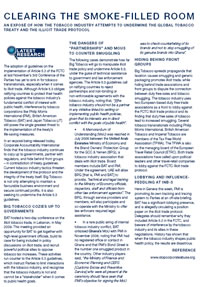 |
Click here to read the FCA’s 1 July Bulletin and comments on TFWA and the ETRC (page 3) |
The FCA is arguing for a full ban on duty free sales to travellers “so that there is no pretext for the storage and shipment of tax-exempt tobacco and thus motivation and opportunity for diversion”. The FCA was founded in 1999 and is now made up of more than 350 organizations from more than 100 countries working on the development, ratification, and implementation of the international treaty, the Framework Convention on Tobacco Control (FCTC).
The FCTC is the world’s first global public health treaty, and requires parties to adopt a comprehensive range of measures designed to reduce the health and economic impacts of tobacco.
TFWA quoted a FCA bulletin, dated 1 July, entitled “˜Hiding Behind Front Groups’. It read: “Big Tobacco spreads propaganda that taxation causes smuggling and generic packaging promotes illicit trade, while hiding behind trade associations and front groups to dispute the connection between duty free sales and tobacco smuggling.
“The tobacco industry uses two European-based duty free trade associations as a front to lobby against the FCTC illicit trade protocol and its finding that duty free sales of tobacco lead to increased smuggling. Several tobacco transnationals including Philip Morris International, British American Tobacco and Imperial Tobacco are members of the Tax Free World Association (TFWA).
“The TFWA is also on the managing board of the European Travel Retail Council (ETRC). Both trade associations have called upon political leaders and other travel-retail companies to lobby against the FCTC illicit trade protocol.”
TFWA’s response was as follows: “TFWA is a member of the ETRC as indeed it is of many other regional trade associations around the globe in its efforts to further the interests of the industry. As such TFWA has also fully supported the contention that any claim that duty free sales of tobacco lead to increased smuggling is without foundation, and certainly without sufficient foundation to consider a global ban of all duty free sales of tobacco.
“Tobacco, which is a legal product, accounts for 8.3% of global duty free and travel retail sales and is a sector which, in line with all other products sold in the duty free and travel retail industry, is subject to more rigorous controls than almost any other channel in the world with stringent regulations covering manufacture, packaging, storage, transit and retail sales.
 |
Click here to read the FCA’s call for a ban on duty free sales |
“TFWA also wishes to clarify that it is a non-profit making, apolitical association, which was founded 25 years ago to assist supplier companies to develop their global trade in the duty free and tax free areas of airports, airlines, ferries, cruise lines, border shops and downtown duty free stores. Its primary objective is the organisation of trade shows and related conferences and research programmes for the benefit of its members. It is not per se a political lobby group.
“The membership of TFWA consists of over 400 suppliers of fragrances & cosmetics, fashion & accessories, wines & spirits, jewellery & watches, confectionery & fine foods, gifts, toys, electronics, tobacco and other products. TFWA is committed to promoting the interests of all of its members in matters relating to the development of the industry.
“TFWA is opposed to any form of illicit trade including smuggling, and would welcome a protocol on illicit trading of tobacco products. TFWA has, as an example, taken a strong view on counterfeit trading as part of the Cannes Declaration of October 2008.
“TFWA would also like to point out that it finds the decision regrettable that the negotiating sessions of the WHO INB3, at which the future of duty free tobacco sales was to be decided, were closed to the public with effect from 2nd July after invoking Article 5.3 of the FCTC treaty which restricts the influence of commercial interests of the tobacco industry in policy making on tobacco control.
“This ban meant that neither the public, the European Travel Retail Council, which represents the interests of the duty free and travel retail industry in negotiations with governmental organisations, nor any other interested third parties could have any access to the discussions and the conclusion of the talks which took place on Sunday 5th July.
“The duty free and travel retail tobacco industry was thus excluded from a debate which may determine its very future.”
COMMENT: It is clear, not only from the FCA comments above but from several of the Alliance’s recent Bulletins (some reproduced on this page), that duty free tobacco sales face their greatest challenge ever.
 |
Click here to read the FCA’s ‘questions and answers’ on duty free |
It is of concern that the FCA is taking full aim not just at “˜Big Tobacco’ [its term – Ed] but at the duty free industry and two of its representatives (ETRC and TFWA). It is also declining to draw a line between illicit distribution of cigarettes (originally bound for duty free stores it claims) and the carefully controlled in-store retailing of the products in duty free stores (and especially in airport stores).
It claims in its Bulletin dated 5 July: “The issue is not the volume of legal duty free sales, but the volume that gets diverted before it gets to duty free stores.”
The FCA continues: “All parties are urged to support a ban on duty free tobacco sales. The protocol must respond effectively to major issues in developing countries, in addition to developed countries. Diversion of products intended for duty free hits developing countries especially hard.”
The same Bulletin, in a section entitled “˜Questions and Answers on duty free’ also gives short shrift to the industry argument that tobacco is a legal product and therefore it would be discriminatory to stop duty free shops selling it. But its retort is arguably the lamest argument we have yet heard in the whole debate: “Tobacco is a restricted product. Guns and medications are also not sold in duty free stores.”
The FCA has focused most of its attention on land border shops, certainly the most vulnerable sector of the industry in reputation terms. It argues in a separate Bulletin: “On the eastern edge of the EU, however, even today, duty free is connected to contraband. That is why Bulgaria and Romania have been moving to act on duty free.”
As we wrote last week, the duty free industry needs to resist the easy temptation of an emotive slanging match with the FCA. It cannot win a debate on those terms.
The industry lobby is on its firmest ground when it argues that the channel is a legitimate and ultra-regulated business that has nothing to do with illicit trade and which contributes significantly to airport and tourism infrastucture. Therefore it needs to constantly draw a clear line between genuine retail and ‘illicit’ distribution.
TFWA’s condemnation of illicit trade is therefore smart. So is its insistence that the FCA gets its facts straight. Factual not emotional debate is required. Some of the FCA’s arguments, not just the allusions to guns and medication, are shoddy and misleading. Claiming for example that there is “˜Growing international momentum against duty free’ it cites as evidence the EU’s banning of intra-EU duty free in 1999. It knows full well that the ban was linked to the concept of a single, “˜borderless’ market and not in any way to the tobacco issue.
It makes the same misleading claim about Bulgaria banning duty free tobacco sales at land borders with non-EU countries in 2008. Again the initiative was linked to the EU concept of a single market. Take those examples out and there is, in fact, little momentum against duty free other than what the FCA is trying with some success to create.
Arguing against the contention that the problem can be solved by control measures on distribution to duty free stores, the FCA argues weakly: “Although control measures are very important, it is far better to prevent a problem in the first place than to try and prosecute afterwards. By analogy, it is far better to prevent horses escaping from the barn than trying to catch them afterwards.”
The future of two bona fide industry sectors (duty free retailing and tobacco) and their related jobs and contribution to airport and tourism infrastructure deserve better than that. As the stakes rise so must the quality of the debate.
MORE STORIES ON THE THREAT TO DUTY FREE TOBACCO
Duty free tobacco comes under increasing threat as WHO negotiations continue in Geneva – 30/06/09
Duty free sales targeted on opening day of WHO negotiations on illicit tobacco – 29/06/09
ETRC calls for major lobbying drive to defend industry against tobacco threat – 22/06/09
[comments]




